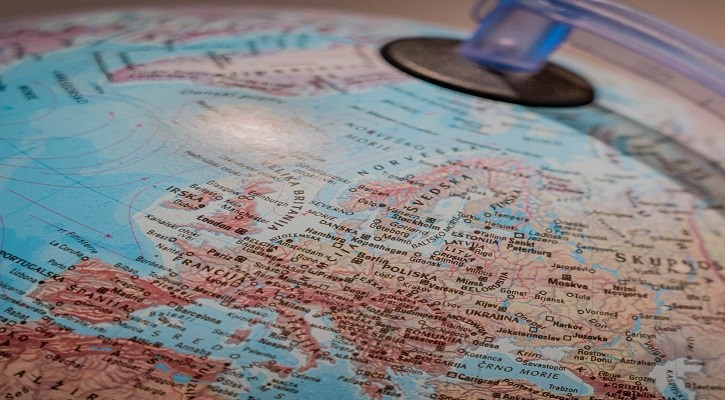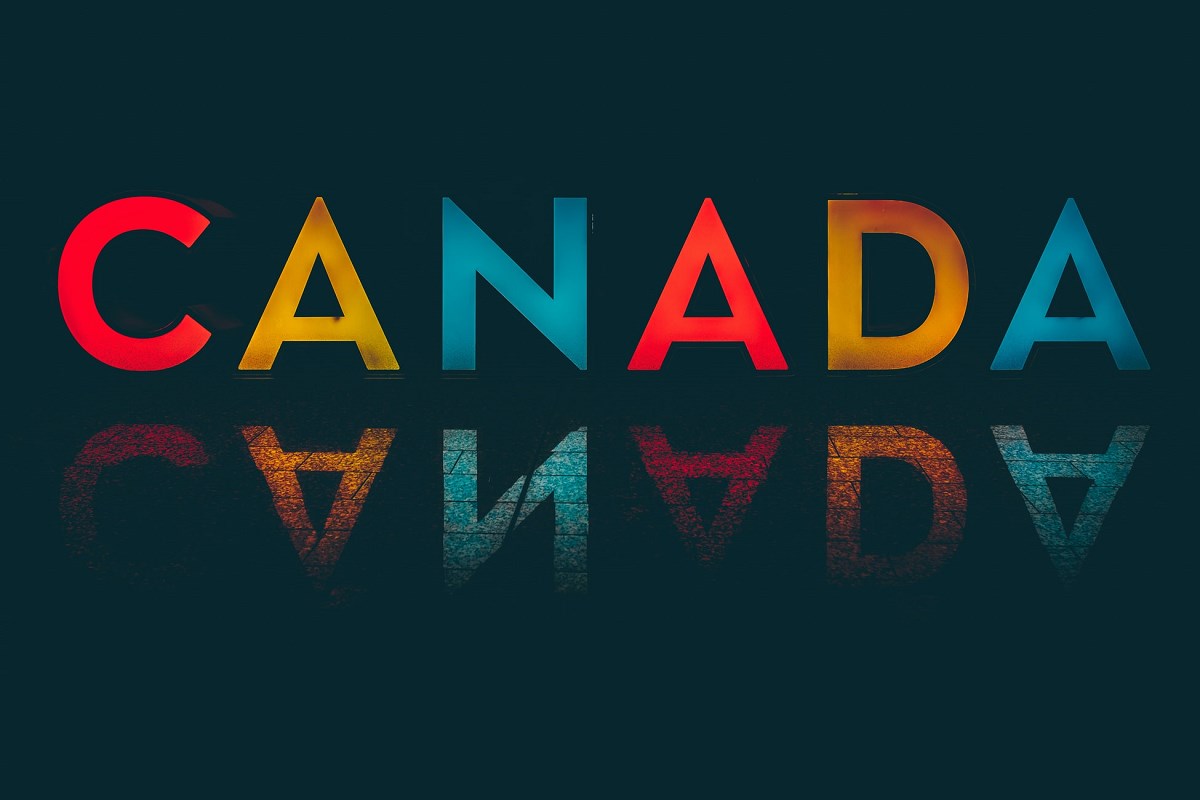
It’s been a good year for European equities, as uptake of the coronavirus vaccine and reopening of economies have pushed markets to new highs.
The silver-rated RBC European Equity Class F delivered a respectable performance for the year-to-date as of Aug. 31, 2021, with a gain of 15.8%. Longer term performance has also been healthy with the fund showing an average annual compounded gain of 11.4% for the three years ended Aug. 31, beating both Morningstar’s European Equity category and the relevant benchmark index. The fund delivered an average annual return of 9.2% for the five-year period, slightly beating its category but lagging its benchmark.
Think Global, Buy Local
The stock markets of Austria, the Netherlands and Sweden have been particularly strong this year while Portugal and Spain have been laggards. However, RBC European Equity co-manager Dominic Wallington, senior portfolio manager and head of European Equities for London based RBC Global Asset Management (U.K.) Ltd., does not attempt to predict the economic and political circumstances of countries within the European Union.
Instead, he and fellow senior portfolio manager David Lambert seek corporate global leaders with strong brand recognition. Companies must have the ability to grow internationally and penetrate fast-growing emerging markets such as Asia and Latin America.
In terms of geographic allocation of the fund, it’s more important where business is being done than where corporate headquarters are based, Wallington says. For example, while almost 40% of the fund’s assets allocation in the U.K., this is not indicative of the fund’s true global exposure.
It's All About Global Brands
Among the top holdings based in the U.K. are multinational firms Unilever PLC, a consumer staples behemoth, and Diageo PLC, a beverage giant known for such brands as Guinness beer, Tanqueray gin and Johnnie Walker whisky.
Unilever’s products include food and beverages, cleaning agents, beauty aids and personal care products. Top brands include Dover, Knorr, Lipton, Hellman’s and Ben & Jerry’s. While Unilever is riding the tremendous growth in emerging markets with 60% of its revenue now derived from these areas, it also meets U.K. standards of accounting and corporate governance, which reduces the risk, Wallington says.
For Diageo, the U.S. is its biggest market, and the company is benefitting from a growing interest in cocktails made from premium alcohol brands. The firm has been in business for more than a century and has developed powerful brand loyalty.
Keep an Eye on Tech
As a detail-oriented, bottom-up investor, Wallington is focused on individual company characteristics rather than big picture trends. However, he says one of the most important changes affecting the corporate world is the technology revolution, and he seeks companies that are seeing their progress enhanced by technology rather than suffering disruption.
“I compare the impact of technology to the advent of electricity in the 19th century,” Wallington says. “It’s become a universal utility, piped into every home and factory, and has changed the way we live. Digitalization is similar to that.”
He says computer technology is reducing some business costs as it increases communication and convenience and allows for such activities as online billing and payment. It also facilitates rapid developments in such areas as biotech and enhances safety and testing in the industrial area with the ability to create “digital twins” of various products. A digital facsimile of a wind turbine, for example, can be used to simulate reactions to various weather conditions.
“The speed and scope of digitalization is an important macro trend,” Wallington says. “We try to determine the corporate winners and losers. For example, the switch from retail to online shopping has been accelerated by the pandemic, and will continue.”
Seeking Global ‘Number Ones’
In addition to seeking global leaders with a proven history of surviving the ups and downs of economic cycles, Wallington prefers companies that don’t require a lot of capital to grow. He therefore stays away from resource companies that need to spend on exploration and equipment in favor of companies that are experiencing long-term compounding of growth without spending heavily.
“We focus on companies that have already won, that are global ‘number ones’ with a long history of success,” Wallington says.
He is particularly interested in companies that have achieved powerful brand recognition and enduring loyalty, and have shown an ability to expand their markets as society evolves and changes.
For example, a top holding in RBC European Equity for several years is LVMH Moet Hennessy Louis Vuitton SE of France, the world’s leading producer of luxury goods including wine, cognac, perfumes, luggage, accessories and cosmetics. Its brands include Moet champagne, Hennessy brandy, Louis Vuitton leather goods and Christian Dior fashion. Earlier this year LVMH acquired U.S-based jewellery store chain, Tiffany & Co., a move that expands its exposure in North America and gives it a new line of products to sell globally, including into emerging markets.
“The growth in China for luxury products has been huge as the middle class expands, and it has been accelerated by technology,” Wallington says. He says more than one-third of global luxury goods are now being sold in China, and describes brands as “wearable language.”
The Louis Vuitton brand, for example, was launched in France in 1854 and the name signifies the country’s reputation for superior quality and craftmanship.
A relatively recent purchase in the fund is Schneider Electric of France, a multinational leader in the provision of electricity, and a beneficiary of technological change. It serves homes, buildings, data centers, infrastructure and industries with integrated energy solutions, related software and services.




















